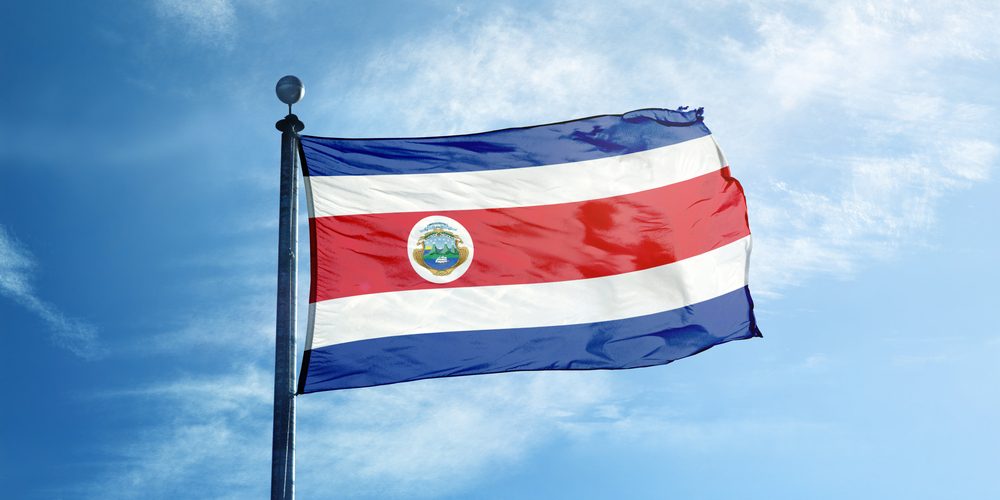The Government of Costa Rica has unveiled a proposal sent to the International Monetary Fund (IMF) to receive $2.25 billion in financial assistance over three years. However, to counteract the effects of an IMF loan, the government plans to introduce a tax on lottery prizes.
President Carlos Alvarado Quesada shared the details about the consolidation plan in which Costa Rica will discuss with the IMF. The package includes a new series of taxes to increase public sector revenues.
“Our economy, which we expected to grow this year, will actually decrease by 5% according to our Central Bank. The revenues that contribute to the State’s health have also declined,” he explained.
The government proposes that lottery prizes from the Social Protection Board (JPS) draws be taxed at 25% if they exceed half of a minimum wage, which is around $380.
According to Minister of Finance, Elian Villegas, the tax would come into effect in 2021 and would contribute 0.11% of the country’s GDP. It is also estimated that by the end of 2021, the public debt would reach 80.5% of the total GDP.
He added: “We should be carrying this out hand in hand with an effort from the Ministry of Finance, under the supervision of the Fiscal Control Police, which will take a more belligerent position in what concerns illegal lotteries, given that we would be talking about a fiscal interest, that all lottery products sold in this country be legal.”




























